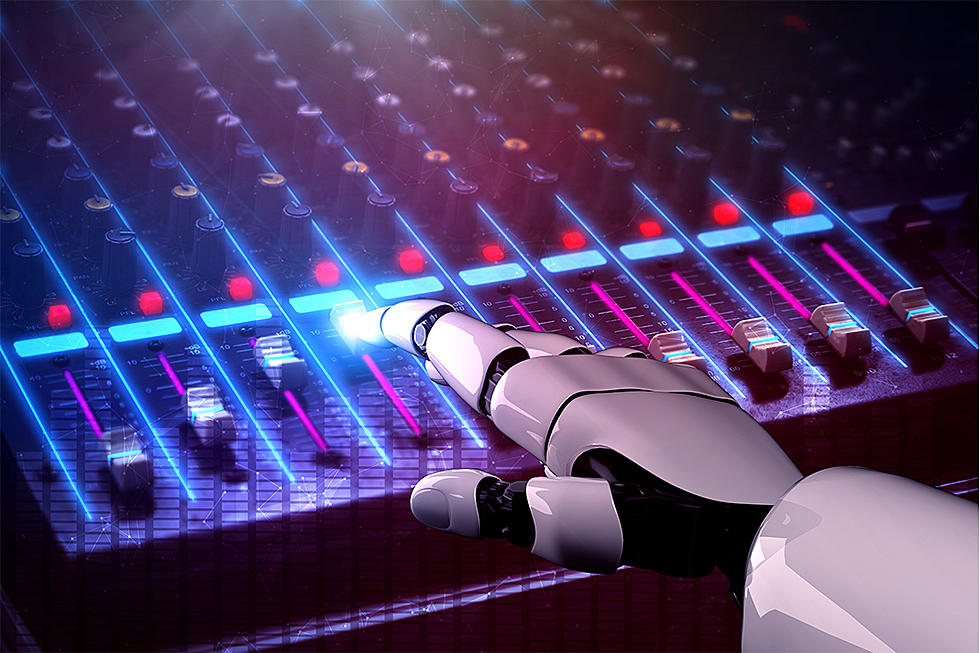The rise of artificial intelligence in the music industry has created a new wave of hip-hop songs that have been generating buzz and sparking debates. These songs feature the voices of some of the biggest names in the industry, yet they were never recorded by the artists themselves. While some see AI-generated songs as a new frontier in music creation, others are concerned about the impact it may have on artists’ livelihood, creativity, and finances.
In recent weeks, AI has been used to create songs featuring Jay-Z, Drake, The Weeknd, and The Notorious B.I.G. The process of generating these songs is relatively simple, with many AI sites like OpenAI’s ChatGPT and These Lyrics Do Not Exist providing the tools to create new lyrics. The creation of an AI-generated song using an established artist’s voice is much more complex and requires the AI to be trained with content from the artist.
The music industry is struggling to keep up with the influx of AI-generated music and the impact it may have on copyright law. Universal Music Group has asked popular streaming services like Apple Music and Spotify to block AI companies from accessing their music due to concerns over copyright infringement. The label argues that the use of their artists’ music to train AI is a breach of their agreements and violates copyright law.
The debate surrounding AI-generated music is a polarizing topic in the hip-hop community, with some artists and fans embracing it while others are concerned about the impact it may have on creativity and compensation for artists. Meek Mill praised a recent AI-generated song, while Drake denounced the practice and called it the “final straw”.
As the music industry continues to grapple with the rise of AI-generated songs, it remains unclear what impact it will have on creativity and the financial well-being of artists. While the technology is still in its early stages, it is important for the industry to strike a balance between embracing new technology and protecting the rights of artists.
#AIHipHopSongs #MusicIndustryDisrupt #MusicCopyrightLaw


